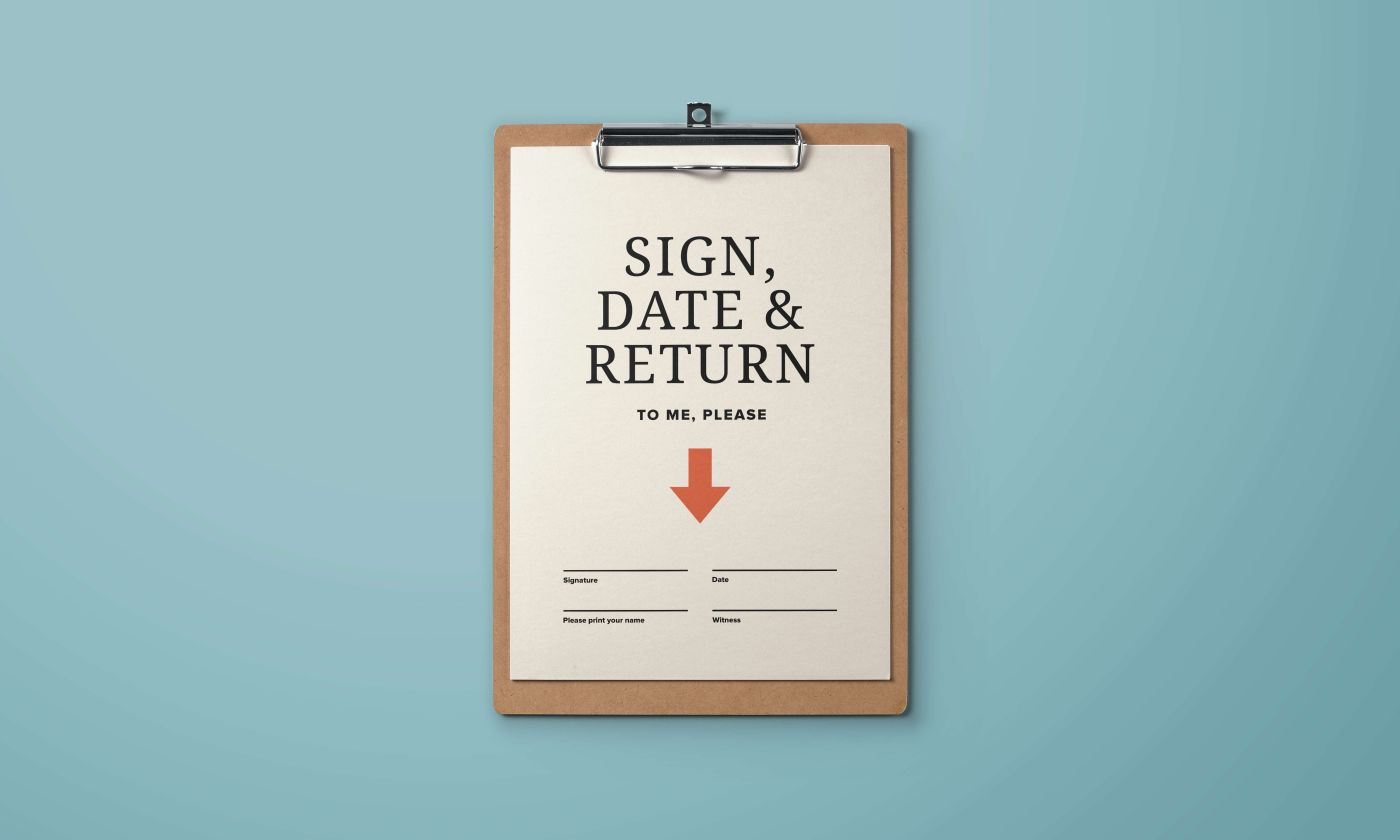It’s called the “contract workforce,” but many independent workers don’t actually have contracts with their clients. Handshakes and verbal agreements are open to interpretation and miscommunication — and that means big problems. But a contract shows that you mean business — and you expect your clients to respect your time and talents.
Alexandra Lozano is a Seattle-based lawyer and the author of “Be the CEO of Your Law Firm: Gain Control, Turn a Profit, and Reclaim Your Life.” Though her book was written for lawyers, she provides universal advice for entrepreneurs.
“Independent contractors need a contract to protect themselves and the work that they do,” Lozano says. “Without a specific and detailed contract, an independent contractor is vulnerable to an employment dispute.”
Six reasons you need a contract, no matter what your business is:
Clarify Job Expectations
Clearly defining duties can eliminate confusion. “A contract should lay out the parameters of the job, including expectations of the independent contractor as well as the expectations of the person who is hiring the independent contractor,” Lozano says.
A contract also helps to create a time frame. Your deadlines are probably dependent on your client’s timely delivery of materials or other resources, so you need to make sure everyone sticks to their schedule. According to Lozano, the key to an effective contract is being as specific as possible about deliverables and expectations when drafting it.
Verify Payment Terms
A contract creates a legal, binding agreement and can address common issues independent workers face, like clients adding extra work or having a lax attitude about payment for services performed. Lozano says a contract should contain the rate of pay, whether that’s a flat fee or hourly. “If it is flat fee, the contract must specify what is included in the contract and what isn't,” she says. For example, if you have to purchase materials and supplies, she says the contract should note whether you or the client will pay for them.
“For hourly work, it should be written how the hourly rate will be billed — for example, in 6-minute increments.” The contract should also include when you will get paid (weekly, monthly, or per project). To encourage prompt payment, some people include a clause stating that a late fee will be charged for invoices not paid within 30 days.
Protect Intellectual Property
When you create music, graphics, books, software, and inventions, the contract can specify ownership and use. “For example, does the contractor retain copyright, allowing the hiring organization to use the material in one specific way, or does the organization gain the material unreservedly?” The contract should also address how any profits will be assigned.
Avoid Legal Woes
A contract can also protect you against warranty and liability issues — if you include that language in the contract, Lozano says. For example, if there is a 30-day warranty on your work, you should clearly include that language in the contract.
“If there is no warranty, then a clause about how the product or service is delivered as-is with no warranty needs to be included,” she says. However, she says negligent or hazardous work quality probably won’t be protected under a warranty or liability clause.
Help at Tax Time
According to the IRS, if you are an independent contractor, your earnings are subject to self-employment tax. In addition to filing an annual return, you also need to pay estimated tax on a quarterly basis. If you are ever audited by the IRS, a contract may be a useful addition to your financial documentation.
Also, contractors subject to sales taxes may find it helpful to have a contract in addition to the required sales tax permit and the proper tax forms.
Warn Against Sexual Harassment
The mere presence of an antiharassment clause in your contract may deter unwanted advances from potential harassers.
Recently, Fiverr, an online marketplace for freelancers, created a freelance contract that includes sexual harassment protections. According to the contract, freelance workers who are sexually harassed can quit and must be paid the total amount of the project or the monthly amount within 30 days.
If you don’t already have a standard contract, it’s time to create one. Creating a contract means that you and your client understand work expectations and payment terms from the beginning of a project, and it gives you documentation if you ever need to take legal action.
Disclaimer: We’re here to support you and your independent career with the best advice from thoughtful experts, but this article is not meant to serve as legal advice. We recommend consulting a lawyer when drafting a contract for your own business. They're good people to have on your team.





